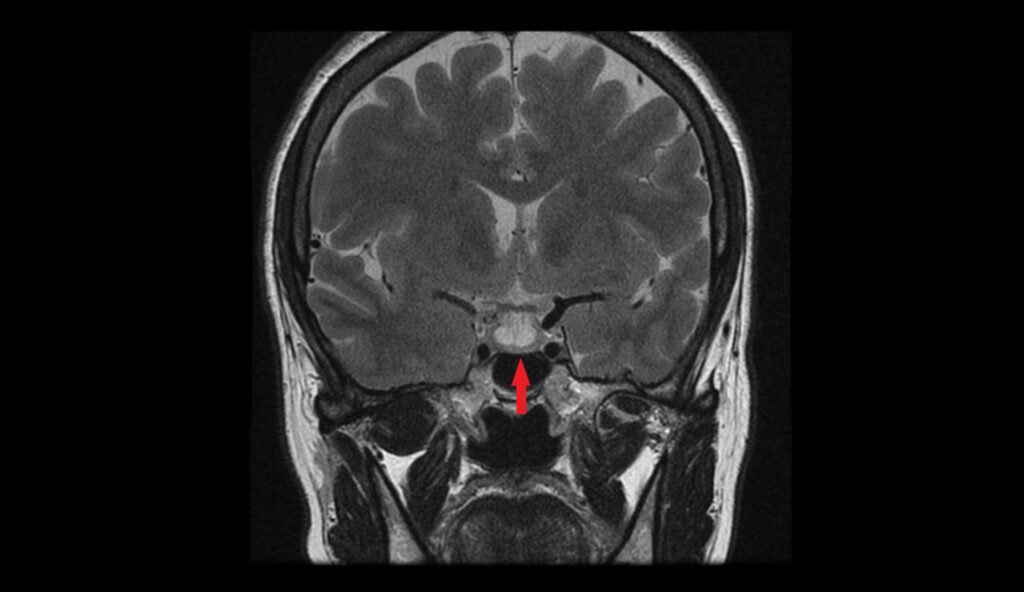
Probing Prolactin: When High Levels Raise Red Flags
We are excited to see so many of you join our FMEP courses. Several of...
0
Just a reminder… pay attention to the questions. Here are our general tips one more time:
1. Pay attention to the questions. Look carefully at how many items you are being asked to list. If the question asks for five items, you will not get more marks if you list eight items; the examiner will look at the first five and allocate marks only for the first five answers – so be careful. On a SAMP, if it is not clearly stated how many items you should list, look at the amount of points/marks being allocated for the question to get an idea of how many answers the examiner may be anticipating you write down.
2. Do not write lengthy answers. Most questions can be answered in 10 words or less!
3. Be specific when writing down investigations (hemoglobin instead of CBC; CT abdomen instead of CT).
4. Remember that trade names and generic names are both acceptable when writing down medications.
5. For more helpful tips, you can refer to CCFP’s SAMP instructions by clicking here.
SAMP
Mr. Wes Jet comes to your office asking about his upcoming travel plans. He is hoping to book a trip to Chile and climb the Andes mountains and then fly to the Dominican to an all-inclusive resort after that. He will travel once the restrictions have been lifted. He has a number of questions about travel. (14 points)
1. He heard about malaria prophylaxis. You counsel him on the areas where malaria is endemic. What are three medications that can be used for malaria prophylaxis in adults? (3 points)
2. Apart from routine vaccines, what are three travel vaccines you could offer any traveller? (3 points)
3. What are two ways to help reduce the risk of high-altitude illness? (2 points)
4. What would you like to counsel Mr. Wes Jet on to help reduce the risk of travellers’ diarrhea? (3 points)
5. How would you manage traveller’s diarrhea? (3 points)
Helpful Resources:
Traveler’s diarrhea (2019): https://www.cfp.ca/content/cfp/65/7/483.full.pdfÂ
FMEP Traveller’s Diarrhea (2019): https://familymedexamprep.com/on-a-soo-lets-talk-about-poo/
Treatment and prevention of traveler’s diarrhea (2015): https://www.cfp.ca/content/cfp/61/11/976.full.pdf
Travel medicine (2014): https://www.cfp.ca/content/cfp/60/12/1091.full.pdf